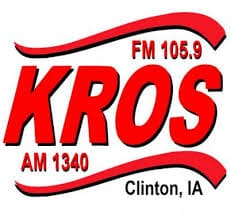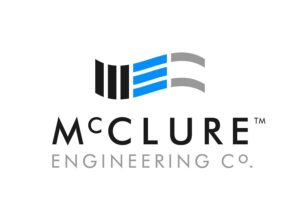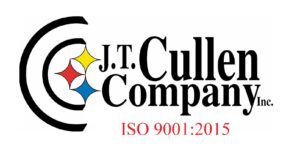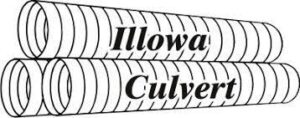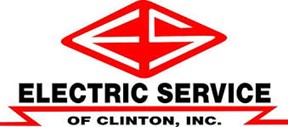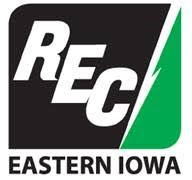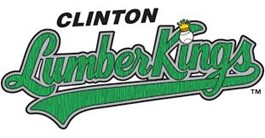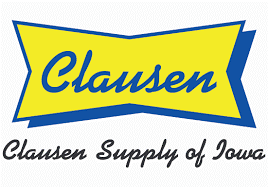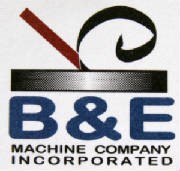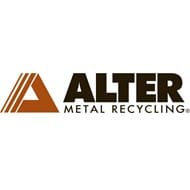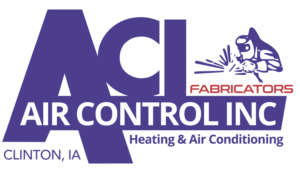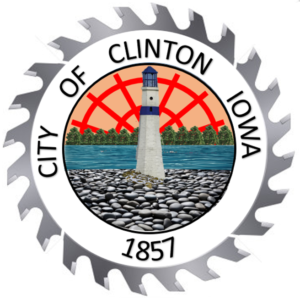Clinton Welcomes New Industrial Recycler
A new industrial recycling company, EnviroVision, soon will be starting operations in Clinton.
At a press conference Tuesday, Mayor Mark Vulich, and Managing Partners of EnviroVision Brandon Beaver and David Springs spoke about why the company would be coming to Clinton and how it makes strategic sense for them to be here.
“For the last 10 years this building has been vacant other than being used as a warehouse; there has only been one employee in it for the last 10 years.” Vulich said. “Today that is the most exciting part of this, this building is going to go back and have employees working in it, which is the greatest part for Clinton.”
The company, founded in 2011, primarily handles post-industrial plastics and is based out of Charlotte, North Carolina, where the company’s other plant is located.
The new plant is expected to immediately hire 10 employees in the $10-$18 per hour range and grow to 20 employees within a year.
At current equipment and employee capacity, the plant will process up to 1 million pounds of industrial plastic and transform it into pellets that are shipped out.
The business will be located at 1959 S. 21st St. in Clinton, near Rock Tenn, off of Manufacturing Drive. The building is owned by Dave Rose.
The reason the business selected Clinton was primarily one of location, according to Beaver.
“We decided to come to Clinton because we knew we needed to be east from Des Moines in the state, being near I-35 and I-80 was very key for us. The facility was available here and met all of our needs from a power, water and space criteria,” he said.
Beaver said it was very important for the company to have easy access to both the Chicago and Indianapolis markets.
The process of coming to Clinton was started in July, and brokered by Dennis Lauver of Howes & Jefferies. The company should start processing plastics soon.
Vulich said the building has had many uses over the years, ranging from a modular homes business in the 1950s, a garment factory in the 1960s and 1970s, and eventually Rose’s Wood Products, which made water beds.
That is the big thing here, Vulich said, is that while taxes have been paid there while it sat vacant it hasn’t been providing employment opportunities.
“We’ve had a taxpayer there,” he said. “But it just hasn’t done much in terms of employees.”



